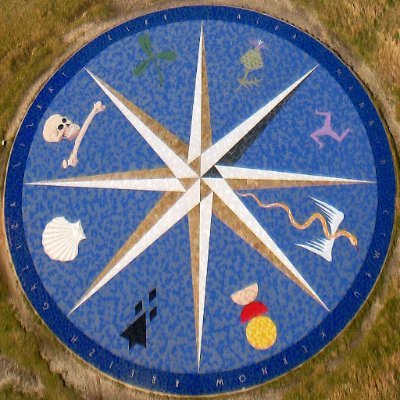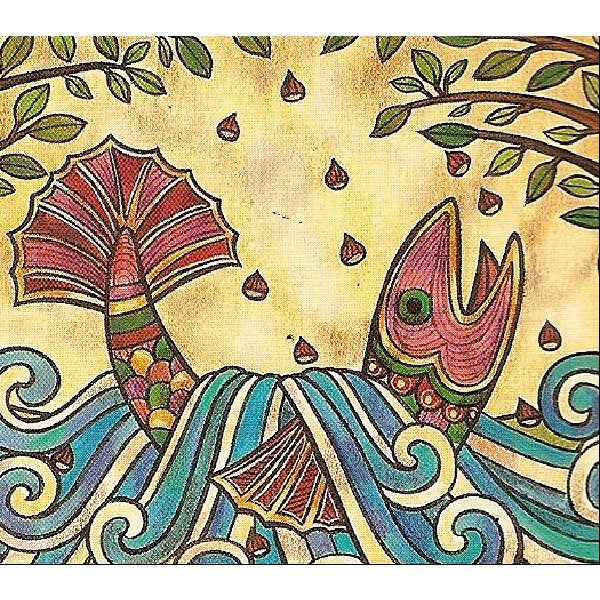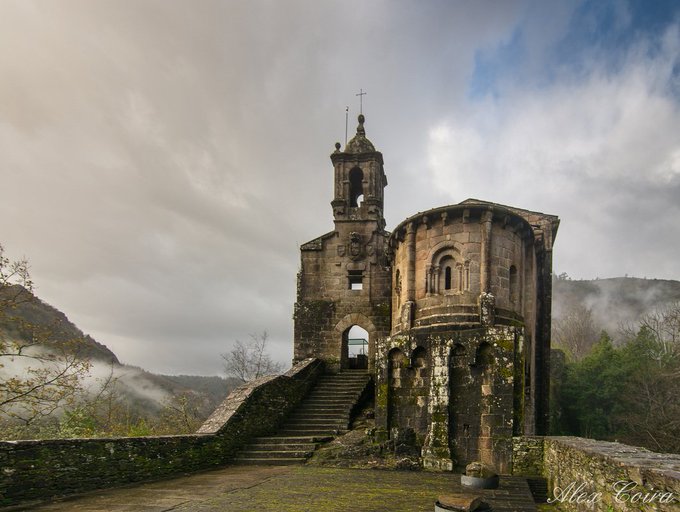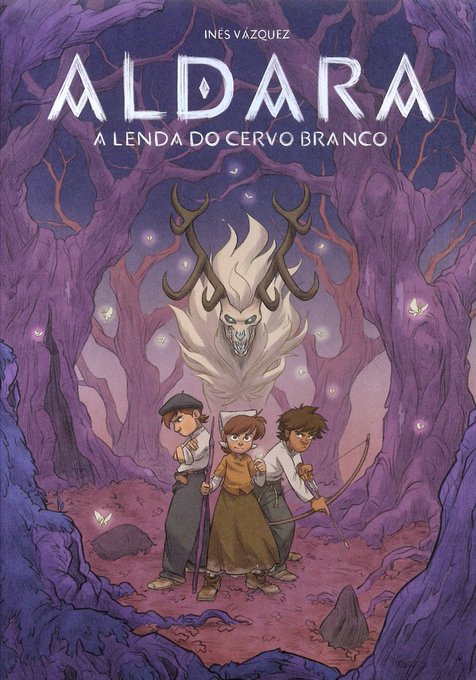@ClioBiblioteca Representaciones de gaitas similares a las escocesas hay en la iconografía de las islas Británicas (incluyendo Irlanda) desde la Edad Media. De hecho, la uillean pipe irlandesa es una evolución de la Piob Mór, gaita tipológicamente idéntica a la actual Highland bagpipe escocesa.
2/3 "... non só vivese baixo un único código legal, senón que partillase tamén un único nome, chamounos 'escoceses', dándolles o nome da súa esposa [Scota]. Despois aumentaron e fusionáronse marabillosamente nun pobo unificado".
#FolkloreThursday When the cook of the monastery of Caaveiro (#Galicia) opened the belly of that salmon, he found a ring inside. It was the ring that the Abbot Saint Rosendo, years before, had thrown into the #Eume river, as a sign of repentance for having sinned.
"... if they give it to them, they say: 'God bless the souls of those who brought bread to this house!'. In Cezuras, the migallo is requested a week after All Souls' Day, and they give each person six or more ears of corn" ⬇️
#MythologyMonday According to a medieval chronicle, the Lord of Barcia valley, in #Galicia, entered the Cova da Coruxa ('the owl's cave') with his soldiers. There they saw a wide river, on the other side of which beautiful people sang and danced to the sound of their instruments!
#FairyTaleTuesday The Irish hero Cuchulainn found Morrigan washing his bloody clothes in a stream and he knew that he would die in battle. This image survives in folklore in characters such as Gaelic "bean níghe" or the "lavandeiras" of the Northwest of the Iberian Peninsula. https://t.co/A5FGpwHKOm
Unha práctica das nosas bruxas para causar mal era deitar cascas de ovo na horta da súa potencial vítima.
As bruxas británicas foron un paso alén no I+D+I e descobriron que as cascas tamén poden ser un bo medio de transporte marítimo.
En fin, que moito ollo coas cascas dos ovos!
#SuperstitionSat Although their real existence is not proven, it is said that, on stormy nights, the RAQUEIROS (from English wrecker) tied torches to the horns of cows and released them on the cliffs, in order to confuse the ships that sailed near the coast and cause their wreck.
#FairyTaleTuesday
Inés Vázquez's "Aldara. A lenda do cervo branco" is a comic book inspired by an ancient and well-known Galician legend about Aldara, a nobleman's daughter who turned into a white doe because of a curse.
If you want to know the legend, just go to down 👇 https://t.co/xAVseUrgNP













